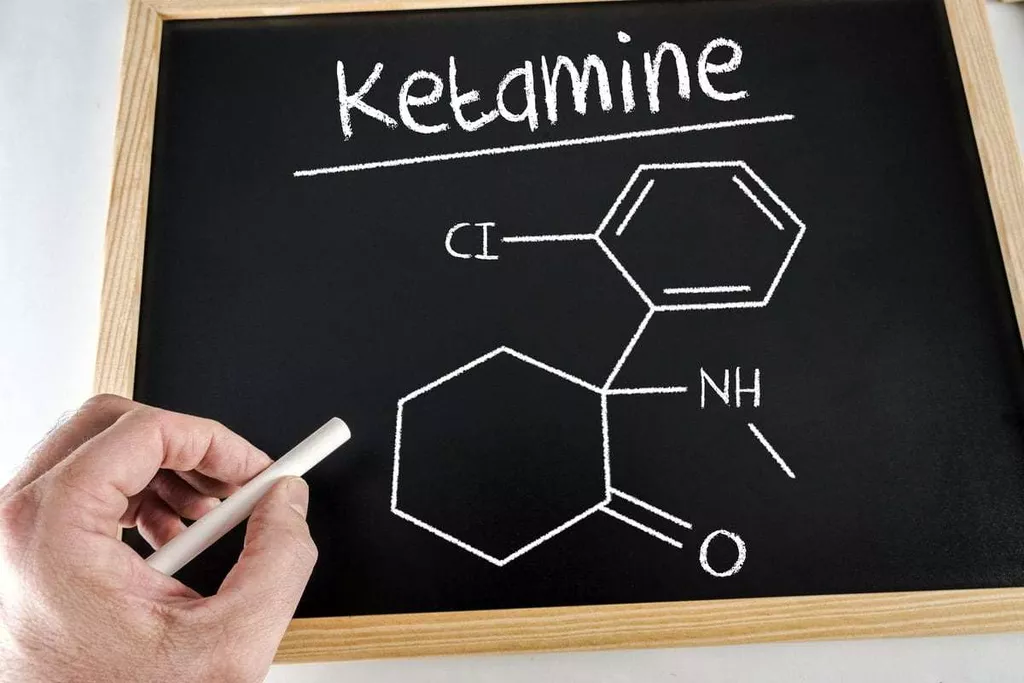The preponderance of data suggests that drinking one to two drinks in men and one drink in women will benefit the cardiovascular system over time. Moderate drinking below that threshold might even reduce the incidence of coronary artery disease, diabetes, and heart failure. We reviewed the effects of ethanol on the cardiovascular system in 1996 15, including aspects of inflammation 16, rhythm disturbances 17, and hypertension 18. The incidence of alcoholic cardiomyopathy ranges from 1-2% among heavy drinkers, with around 21-36% of non-ischemic cardiomyopathy cases attributed to alcohol consumption.
Medical records
Before recognizing that ethanol itself is the etiological factor of ACM, different theories and hypotheses emerged 1,66. It was suspected that malnutrition, frequently related to chronic alcohol misuse, was the origin of ACM 6,67. However, it has been evidenced that ACM may develop in the absence of protein or caloric malnutrition 38.
Basic studies on molecular mechanisms of myocardial damage
Our writers and reviewers are experienced professionals in medicine, addiction treatment, and healthcare. AddictionResource fact-checks all the information before publishing and uses only credible and trusted sources when citing any medical data. The Verified badge on our articles is a trusted sign of the most comprehensive scientifically-based medical content.If you have any concern that our content is inaccurate or it should be updated, please let our team know at email protected.
Imaging Tests
The sub-group of patients in whom symptoms improved was made up of a larger proportion of non-drinkers (73%), compared to 25% in the group who did not improve, or 17% in the group whose condition worsened. However, a possible confusion factor was identified because the group with clinical improvement also exhibited a shorter evolution of the symptoms and the https://ecosoberhouse.com/ disease. The latest two papers to be published, unlike previous papers, reported worse outcomes for ACM patients compared to DCM patients. In the first of these studies, Fauchier et al11 studied 50 patients with ACM and 84 patients with DCM between 1986 and 1997.
What Is Alcoholic Cardiomyopathy?
With time, diagnosed individuals will start showing signs of severe fatigue as well as shortness of breath that will ultimately lead to failure of both sides of the heart. The initial line of treatment and management is towards symptomatic relief that is presented by the diagnosed patient. Further management may be sorted with the aid of several other available kinds of treatment modalities that include cardiac resynchronization therapy, implantable cardioverter, defibrillator, and pharmacological management.
- However, the best thing you can do to manage or reverse the condition is to cut down or stop drinking alcohol.
- Jugular venous distention, peripheral edema, and hepatomegaly are evidence of elevated right heart pressures and right ventricular dysfunction.
- Richardson et al showed an elevation of creatine kinase, LDH, malic dehydrogenase, and alpha-hydroxybutyric dehydrogenase levels in endomyocardial biopsy specimens taken from 38 patients with DC.
- They commonly include fatigue, shortness of breath, and swelling of the legs and feet.
- They also have not identified the minimum length of time someone needs to drink alcohol before developing the condition.
Medical Treatment for Alcoholic Cardiomyopathy
- In addition, you may have certain helpful medications that you take on a regular basis.
- In addition, our medical staff has experience with a wide variety of alcohol-related medical conditions like alcoholic cardiomyopathy.
- As the heart’s function declines, patients may also experience shortness of breath at rest.
- Recognized as a significant health issue, particularly in individuals with chronic alcohol use, alcoholic cardiomyopathy has been a concern for decades.
- Pharmacological restoration of autophagic reflux by inhibition of soluble epoxide hydrolase has been described to ameliorate chronic ethanol-induced cardiac fibrosis in an in vivo swine model 151.
The swelling is often more pronounced in the ankles and feet and may worsen throughout the day, especially after prolonged standing or sitting. In advanced stages, edema can extend to the abdomen and other parts of the body. Other lifestyle factors that may increase the risk include poor diet, lack of exercise, and smoking. These habits can compound alcohol’s effects on the heart and increase the likelihood of developing heart disease.
Manage Alcoholic Cardiomyopathy − Symptoms, Causes and Treatment
These portable devices record your heart’s electrical activity for 24 to 48 hours or longer. They can record any irregular heart rhythms that might not be detected with traditional drug addiction treatment EKG testing. This may be experienced as pressure, overall tightness, or a burning sensation in the chest.
- More than 1.8 million individuals in Germany with a total population of 81 million inhabitants are alcohol dependant.
- Even the recovery after abstinence of alcohol is hard to predict based on morphometric evaluation of endomyocardial biopsies 118.
- Addiction Resource is not a healthcare provider, nor does it claim to offer sound medical advice to anyone.
- Patients with alcoholic cardiomyopathy, therefore, usually present with symptoms of heart failure, i.
- Under certain conditions, cardiac catheterization procedures may be performed to assess blood flow and pressures.
- The findings were analysed taking into account the amount and chronicity of intake and they were compared with the same parameters measured in a control group of non-drinkers.
Complications/side effects of the treatment
Alcoholic cardiomyopathy affects the heart’s ability to pump oxygen-rich blood around the body. This can cause various symptoms, including shortness of breath, fluid retention, and fainting. The primary treatment for ACM involves complete abstinence from alcohol or other drugs. However, some studies show that moderating alcohol consumption may lead to similar health outcomes. Cardiotoxicity refers to heart damage that occurs in response to certain drugs, such as alcohol.
- Even in cases where people can undergo a heart transplant, individuals with a history of alcohol-induced cardiomyopathy are more likely to face other health problems down the road.
- Muscular weakness may also be present because of the effect of alcohol on muscles (alcoholic myopathy).
- Experimental studies analysing the depressive properties of alcohol on the cardiac muscle invariably use similar approaches31-39.
- Alcoholic cardiomyopathy is a condition that weakens your heart and its ability to pump blood.
- Others have suggested that an acute decrease in mitochondrial glutathione content may play a role in mitochondrial damage and implicate oxidative stress as a contributor in this process.
Those who don’t fully recover are also likely to need this kind of treatment indefinitely. In some cases, a alcoholic cardiomyopathy symptoms pacemaker or other implantable device might be necessary to treat more severe heart rhythm problems. Alcohol has toxic effects, but your body can limit the damage and break alcohol down into non-toxic forms if you don’t drink too much too quickly.

Bacharelanda em Letras (Inglês-Português) que escreve desde o dia em que aprendeu segurar a caneta.





